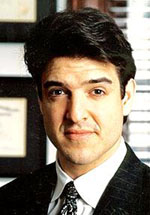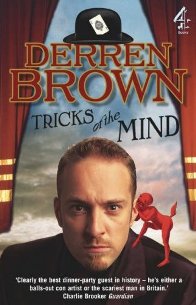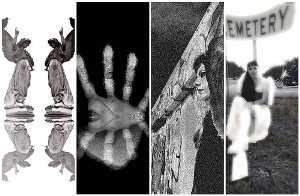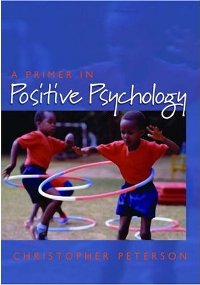Exploring Psychology 
(Photo Credit:
hartichoked)
If you are doing a psychology degree or a course with a psychology component, it's more than likely that you will be expected to carry out a research project. Most research projects tend to be conducted towards the end of the psychology course, typically in the final year.
In preparation for this major piece of work, a very useful way to understand the concepts, issues and variables that other researchers have study studied in a psychological context is to participate in their investigations. As a psychology research participant, not only do you get to see research methodology and various methods of data collection in action but these studies may also give you some ideas for your own research project.
Research Methods TutorialsIf you are new to research methods and conducting psychological research or need a quick refresher, I have put together a couple of tutorials that you might find useful.
You can access an experimental methods tutorial via the following link.
http://www.all-about-forensic-psychology.com/experimental-design.htmlFor advice on getting started with your psychological research project just click on the following link.
http://www.all-about-forensic-psychology.com/Forensic-psychology-research.htmlListed below are a variety of psychological research projects that require participants. I have also listed academic institutions that actively recruit research participants for psychology experiments and psychological research, some of whom pay their research participants for their time.
Eyewitness Identification

This psychological research study investigates eyewitness identification and is being conducted by Dr Michael Lewis from Cardiff University. If you decide to participate You will be asked to study a face and to pick it out of a line up later. You will also be asked to answer a number of general knowledge questions and to reflect on how confident you are of your answers.
This study will take approximately 5 minutes to complete.
Click Here For More Information
The Depravity Scale

Dr Michael Welner is self-funding a research project entitled The Depravity Scale. The Depravity Scale research aims to establish societal standards of what makes a crime depraved, and to develop a standardized instrument based on specific characteristics of a crime that must be proven in order to merit more severe sentences. In order to make the results of this very important research generalizable, as large a subject pool as possible is required.
As the research team note: No matter who you are, where you're from, or what your personal and professional experiences are, your opinion counts in this international study to help distinguish what we all can agree on are the worst of the worst crimes.
The web-based research survey only takes about 15 minutes to complete. All of your responses are kept confidential and no personal information is ever released.
Click Here For More Information
The University of Dundee: School of Psychology (Scottish/UK Participants only)
As an active and leading research establishment, the Psychology Department at Dundee University is always seeking volunteers to participate in a range of experiments and psychological research studies. The following link will take you to a page that has been designed to advertise these opportunities and facilitate the recruitment of reliable and motivated volunteers.
The psychology department at the University pays volunteers for participating in the psychology studies (usually about £5-6 per hour). A wide variety of studies on language, memory, vision, perception of social groups are often available.
You can sign-up to be added to an e-mail list that announces new experiments when they become available and you can register your details online.
Click Here For More Information
The University of California Berkeley Psychology Department: Research Subject Volunteer Program
The University of California Berkeley is known worldwide for its outstanding research and the Department of Psychology adds to that reputation with a long history of important, breakthrough work. The Research Subject Volunteer Program (RSVP) gives you a chance to participate in this research. As a participant in RSVP psychology studies, you help the department's faculty, post-doctoral researchers, and graduate students answer important questions. Your participation offers you a chance to learn more about yourself and the latest discoveries and ideas in the exciting field of psychology.
To encourage you to apply to and take part in individual projects, when you participate as a subject in a study you may be offered a thank you gift donated by our sponsors or a check payment in recognition of your contribution. It is your choice to volunteer, or not, for any particular study. If you chose, you may end your participation in a study or in the RSVP at any time. Current psychology research volunteer opportunities include:
University of California Berkeley Study of Individual Differences in Fundamental Emotion Processes. Participants will be asked to watch videoclips on a TV while their physiological responses (e.g. heart rate, skin temperature) are being monitored. Compensation: $40 - $60 (two hour laboratory session plus approximately one hour long online questionnaire).
Click Here For More InformationExploring Psychology







































